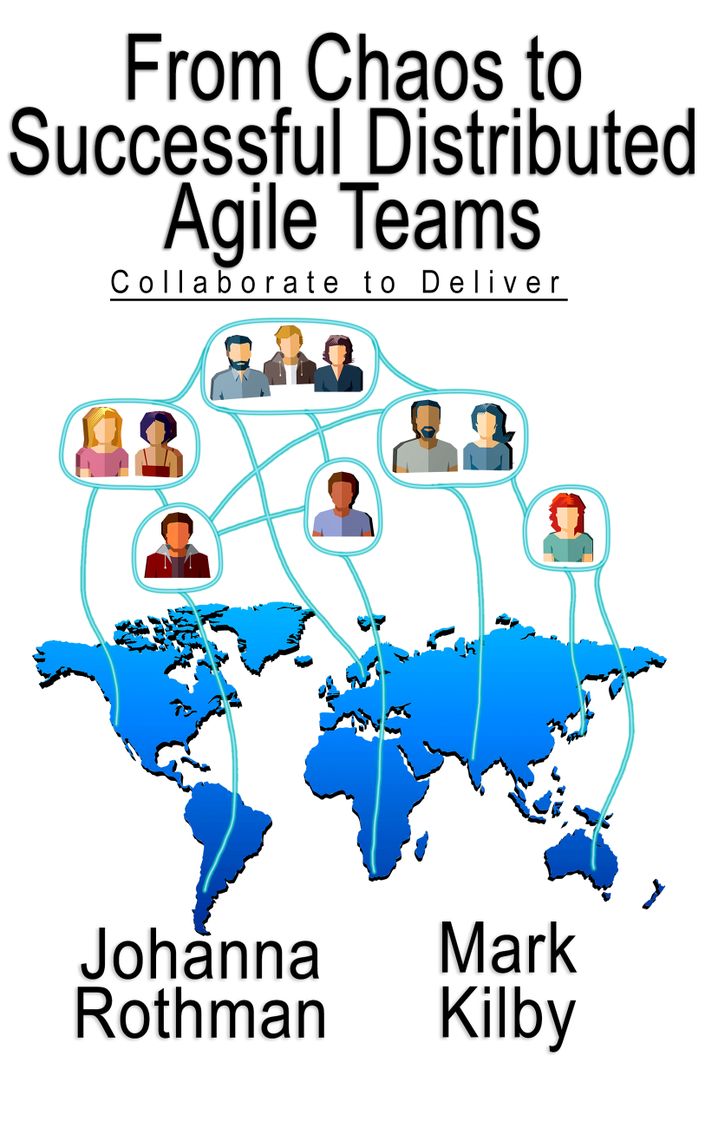
Prepare for Successful Distributed Agile Teams
Mindshifts and principles to create successful distributed agile teams
Watch Promo
Learn the necessary mindshifts and principles to create successful distributed agile teams.
Are you thinking about creating distributed agile teams? Maybe you’re in a distributed or dispersed team and you want to use an agile approach? Maybe you’d like to see what it would take to be a successful distributed agile team?
In this introductory self-study workshop, we’ll introduce you to:
- Why you might want a distributed agile team.
- The three necessary mindset changes everyone needs for a distributed agile team.
- The eight principles of successful distributed agile teams.
- Four team types and how to see your team type.
- Self-study experiments or homework so you can see your environment and create small experiments
All this in just under two hours of video!
We'll invite you to a discussion group to talk about the course. And, we plan to offer lab/office hours roughly twice a month. We expect to iterate on when those hours are. Regardless of where you are in the world, we (one of us) will make time to work with you.
If you want to book an hour (or more) of coaching with either or both of us, use the contact form.
Do you want to enroll more than one person? Here's our discount schedule for multiple enrollments:
- No discount for 1-4 people
- 5-9 people: 10% discount for each person. We'll give you a coupon code.
- 10-20 people: 20% discount for each person. We'll give you a coupon code.
- more than 21 people: 30% discount for each person. We'll give you a coupon code.
Questions? Email us.
Your Instructor

Johanna Rothman, known as the “Pragmatic Manager,” provides frank advice for your tough problems. See her books, blog, and other resources at jrothman.com and createadaptablelife.com.
As an agile coach, Mark Kilby has cultivated more distributed and dispersed teams than collocated teams. He’s coached as a consultant, an internal coach, and as a facilitator of distributed professional communities. His easy-going style helps teams learn to collaborate and discover their path to success and sustainability. See markkilby.com for his blog and articles
Course Curriculum
-
StartIntroduction to the Principles (0:49)
-
StartAcceptable Hours of Overlap (5:17)
-
StartTransparency at All Levels (3:57)
-
StartContinuous Improvements with Experiments (6:20)
-
StartPervasive Communication (3:13)
-
StartAssume Good Intent (2:45)
-
StartCreate a Project Rhythm (6:41)
-
StartCreate a Holistic Culture (10:12)
-
StartDefault to Collaboration (5:13)
-
StartConsider these experiments for the principles (1:57)
